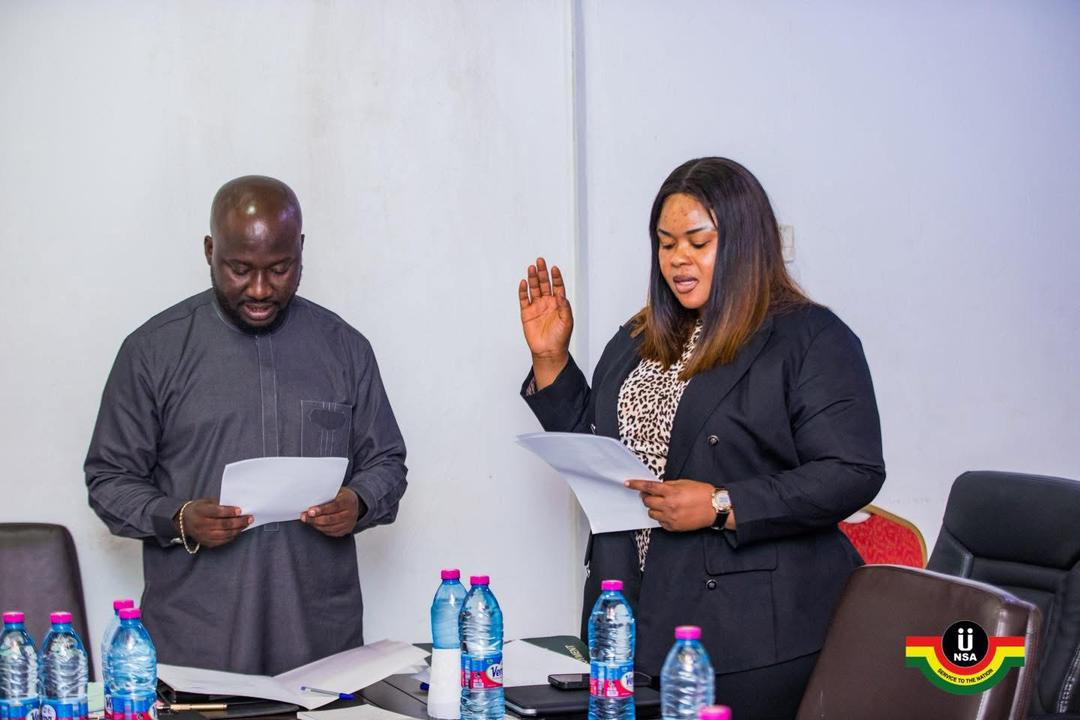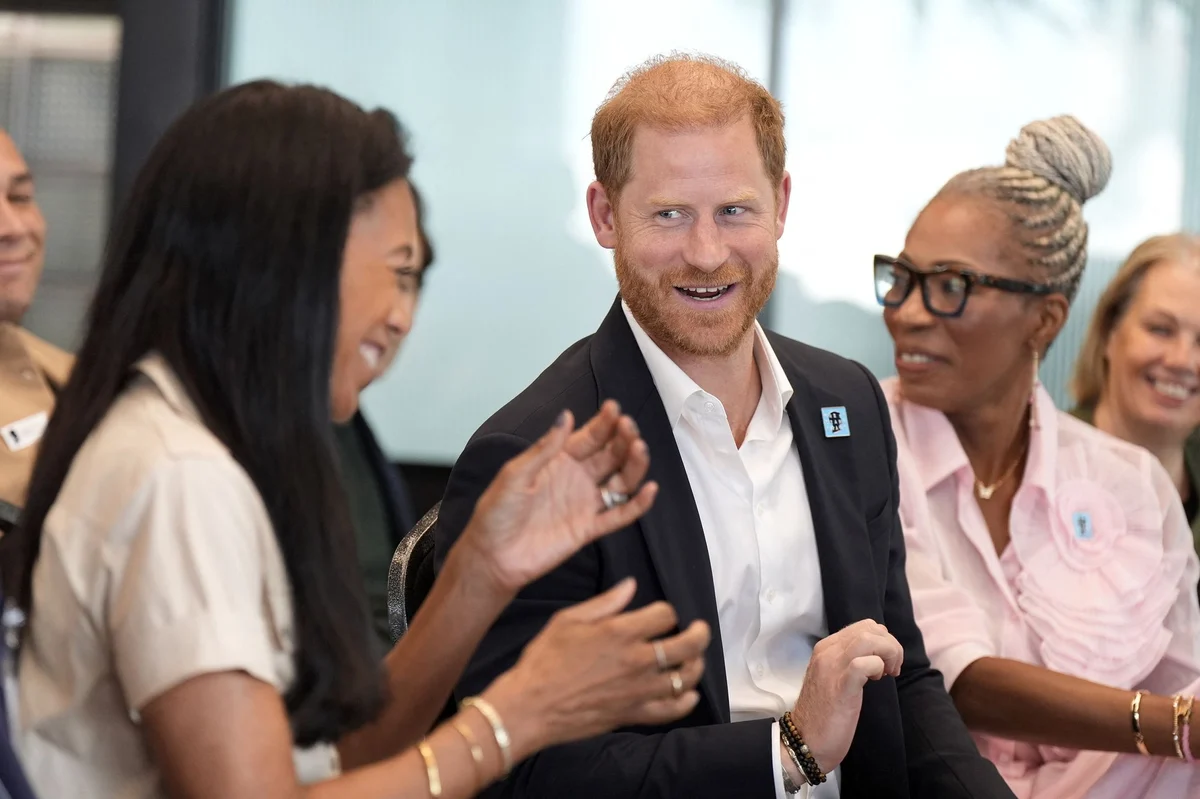By SCMP’s Asia desk
Copyright scmp

The eldest son of Samsung Group chairman Lee Jae-yong, heir to one of South Korea’s richest families, has enlisted to become a naval officer, one of the most demanding military roles in the country.
In doing so, Lee Jee-ho joins a growing cohort of scions of family-run conglomerates who are opting for longer, more demanding military service than the average conscripts in South Korea.
Some observers see the trend as a calculated effort by the chaebol heirs to counter opinions of their privilege and project themselves as future leaders shaped by discipline and sacrifice.
“When chaebol heirs serve transparently in the military, it offsets much of the negative perception surrounding them,” Hwang Yong-sik, professor at Sejong University’s College of Business and Economics, told The Korea Herald. “Serving as officers, in particular, reinforces an image of leadership.”
On Monday, 24-year-old Lee entered the Republic of Korea Naval Academy in Jinhae, South Gyeongsang. After 11 weeks of training, he is scheduled to be commissioned as an ensign on December 1.
His total service is expected to run 39 months, compared with the 18 to 21 months of active duty typically required of South Korean men under the country’s conscription system.
To take the officer route, however, Lee first had to resolve his dual nationality. Born in New York in 2000, he held United States citizenship in addition to his Korean nationality. South Korean law requires those with dual citizenship to give up their foreign passport if they wish to serve as commissioned officers.
A report by the Korea JoongAng Daily said Lee had done so, citing a statement by Samsung on September 10. “Lee Jee-ho gave up his US citizenship to fulfil his duty to national defence,” the statement said.
Local media outlets have described Lee’s decision as a “rare” act of sacrifice from a man destined to lead one of the country’s most powerful corporations, and mirrors similar moves by other chaebol heirs.
At Hanwha, vice-chairman Kim Dong-kwan served 39 months as an Air Force interpreter officer and once helped during a 2009 meeting between then prime minister Chung Un-chan and US defence secretary Robert Gates. His younger brother, Kim Dong-won, also became an officer after his national service stint.
Chung Ki-sun, vice-chairman of shipbuilding giant HD Hyundai, has served as a former Reserve Officers’ Training Corps army officer, like his father Chung Mong-joon. He has also maintained what is seen as strategically valuable ties with the US Naval Academy, given the business relationship between the conglomerate and the American military.
At Dongkuk Steel, multiple family members have completed officer tracks across generations, including Korea Military Academy graduate Jang Se-wook and Air Force interpreter officer Jang Hoon-ik.
Even SK Group’s Chey Min-jung, daughter of chairman Chey Tae-won, made headlines in 2014 for voluntarily joining the Navy as an officer despite not being required to serve.
A Korea Times report in 2011, citing a survey by Yonhap news agency, found that 35.1 per cent of male family members from major conglomerates had been exempted from service – higher than the national average of 29.3 per cent. Among those born in the 1970s, the rate was even higher, at 41.7 per cent.
While exemptions were often granted on medical or educational grounds, the concentration of cases among wealthy South Korean men fuelled public scepticism that they were allowed to avoid national duty due to their privileged status.
In response to mounting criticism, the government began tightening certain rules around exemptions by 2012, increasing scrutiny and tightening eligibility in some health-related deferment cases.
“More heirs of family-controlled conglomerates are expected to fulfil their military duty, as the public has become more sensitive to chaebol privilege,” Park Ju-gun, head of corporate tracker Leaders Index, told the Korea Times in March.
“A chaebol family’s avoidance of military duty now significantly affects the company’s reputation and stock price,” he added. “Fulfilling military duty also helps companies portray their leaders as socially responsible citizens.”



